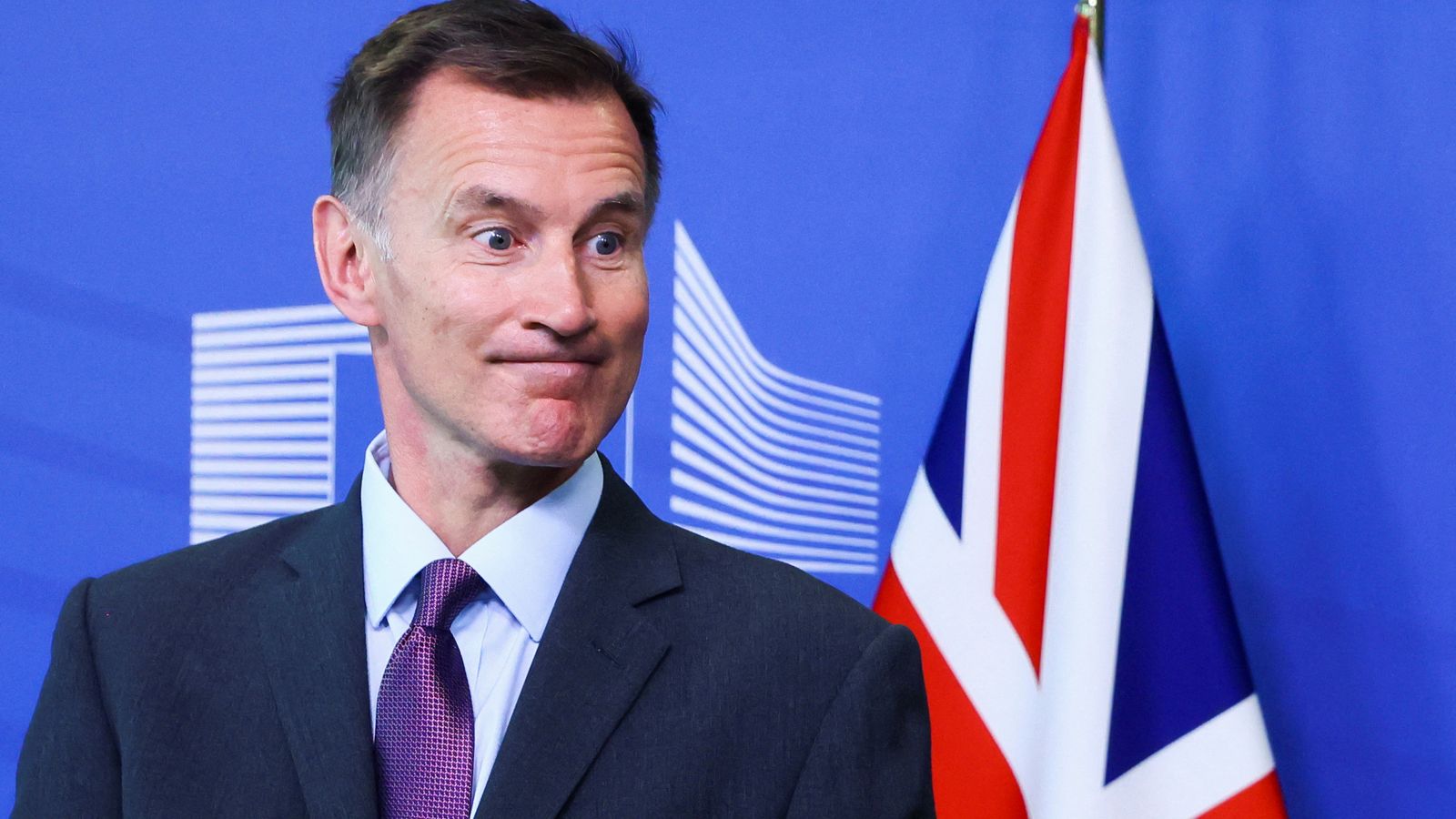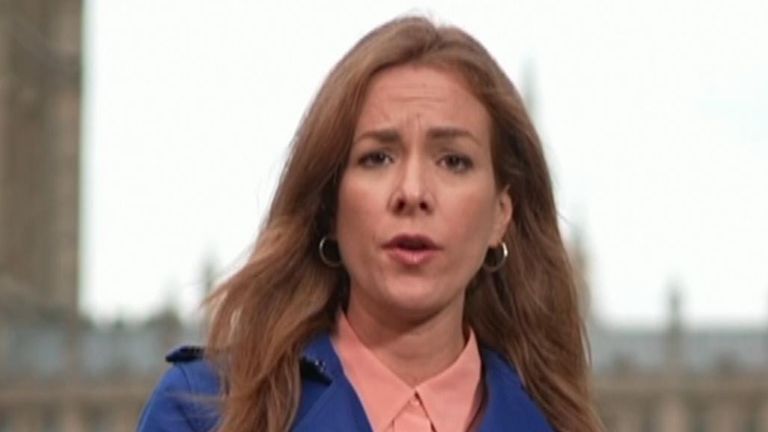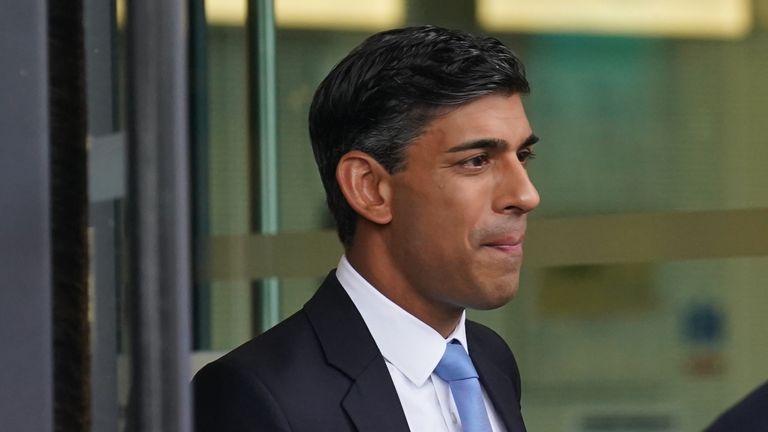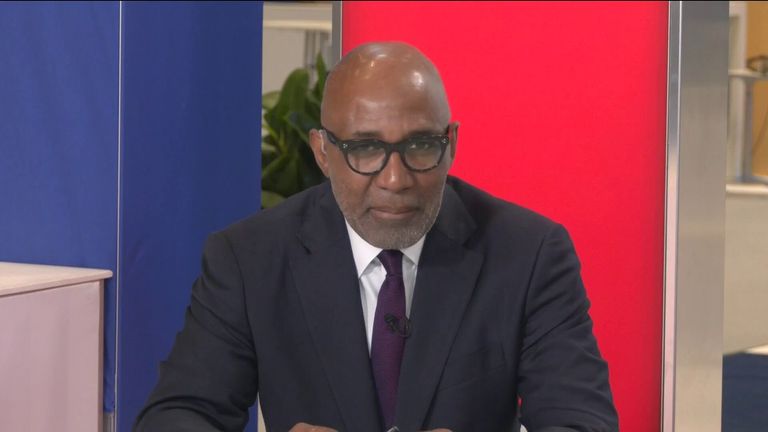The week of the Conservative Party conference began with a grim warning about taxes.
Now at their highest level since records began 70 years ago, taxes are also unlikely to come down anytime soon, according to the Institute for Fiscal Studies.
Where does this leave the Conservatives, the party which preaches lower taxes but has presided over a record rise since 2019?
Tory conference live: Emergency cabinet meeting considered for HS2
This party conference is, in the words of one former minister I spoke to, “the survival conference” – a year on from Liz Truss announcing a series of unfunded tax cuts which saw the bond markets tank and her premiership unravel.
Accordingly, Rishi Sunak has staunchly refused to commit to any tax cuts at this stage, saying the best tax cut he can give people is getting inflation under control.
The chancellor has gone further, telling a newspaper it will be “virtually impossible” to deliver tax cuts until the economic outlook improves.
But this is where economic realities collide with politics – an election year in which the Conservatives are well behind and the party restive for a positive message.
Michael Gove expressed the views of many when he told Sunday Morning with Trevor Phillips that he hoped for tax cuts before the general election.
Senior figures on the right went further, with Sir Jacob Rees-Mogg telling Sky News the time for signalling was over, calling for action in the autumn statement in November.
“We don’t need signals, we need action,” Mr Rees-Mogg said. “I think the autumn statement is a time to say, this is what we are doing on this particular tax. I would be in favour of reversing the increasing corporation tax, as Liz Truss is.
“I’d be in favour of abolishing death duties, which I think is eminently affordable. But we need to do things, not promise them.”
Read more:
Will just the rich benefit from inheritance tax cut?
Inheritance tax ‘punitive and unfair’- minister
Speculation has been rife that the prime minister is planning a pre-election giveaway on inheritance tax.
Tory sources point out it is widely unpopular even though only 4% of estates are liable for it.
There are also spending cuts under consideration, with the High Speed 2 rail line, winter fuel payments for richer pensioners and some benefits being looked at for potential savings.
But after a decade of austerity, and the realities of an ageing populations and pressures on the health service, savings will not be easy or popular.
Jeremy Hunt will today insist sunlit uplands are within reach, saying the British economy has grown faster since 2010 than others in Europe.
The party will also confirm it will accept recommendations to raise the national living wage to at least £11 an hour in 2024 – meeting a manifesto commitment to raise the wages of the lowest paid to two-thirds of the median earnings.
Whether this will make up for increases in rent, energy bills, food and childcare costs will be one of the questions voters weigh up at the next election.
Ms Truss will be appearing in Manchester, at a rally for economic growth in which she will call for corporation tax to be cut back – an aim Mr Hunt used to strongly support. How much support she receives there from activists will be closely watched.
Click to subscribe to Politics at Jack and Sam’s wherever you get your podcasts
Tories know from recent experience the perils of promising tax cuts which don’t add up.
They also have a party desperate for a voter-friendly message to end the gloom – and fear the chancellor’s speech later may not provide it.



